Graham Reid | | 4 min read
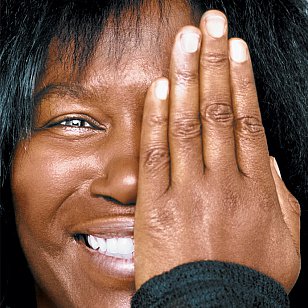
Joan
Armatrading makes an embarrassing admission for someone whose most
recent album Into the Blues debuted at number one on the Billboard
blues charts: she doesn’t listen to the blues and while some
interviewers have noted the influence of John Lee Hooker in a couple
of tracks she couldn’t identify a Hooker song if she was asked to.
“Yes, some
people have said John Lee Hooker about one of the songs. Although I
know the name, if you played me something of his and said, ’Name
that person’ I probably wouldn’t be able to.
“I didn’t
research the blues to do this album. It’s like me with jazz. I know
what the music is supposed to be like but I’m not swamped in it.
When I wrote Show Some Emotion or whatever, I didn’t listen to a
whole swag of jazz records to write those song.
“But I know
John Lee Hooker is a big name in the blues, so it feels nice to hear
it when people say that. Even though I’m not 100% certain who he
is.”
Armatrading
laughs throatily -- she is nursing a cold after the European leg of
her Into the Blues tour which started in February -- and notes she is
surprised she was the first British artist to debut at the top of
Billboard’s blues charts.
What makes the
album so strong is that Armatrading’s musical eclecticism -- she
usually roams from rock and jazz across pop and reggae -- has been
reigned into a single genre. In that regard it is the album she has
been promising to make, an album with an over-arching musical
coherence.
“Yet when I
started to write I realised you could be quite eclectic in the blues
because you could have swamp blues, rock-blues or gospel or ballads,
all kinds of different blues styles. That I found quite exciting.”
The album
certainly moves across the blues terrain from edgy rockers (Liza
which owes a debt to Muddy Waters) to a biting swipe at a vain friend
(There Ain’t A Girl Alive) to the autobiographical (Mama Papa) and
social insight in Secular Songs which notes the absence of religious
songs in English churches today.
“That came
when I was invited to a church in Oxford and it was beautiful, all
the intricate details and stained glass and very purpose-built. But
what was being sung were Schubert and French songs -- very secular
songs -- which had nothing to do with spiritual involvement.
“At that
point I remembered when I did a radio series about Caribbean music
and we went to a church, a very simple one which was just a square
building painted white, nothing fancy. But it was the most spiritual
place you could go to. When the people were in there, they were there
for the sermon and to sing with the choir.
“It was
totally opposite to the one in Oxford, so my mind went back to that
little Caribbean church.”
Armtrading is modest about her achievements which, outside the
music industry, are impressive.
In 2001 she
completed her university degree in history (through the Open
University) after five years study, much of it while she was touring.
“Someone
said, ‘How did you do it?’ and I said, ‘You start and then you
finish’. That’s the trick, although it wasn’t easy writing
essays in Australia or America and then getting them back. At that
time they wouldn’t let you e-mail. But I did it, because I wanted
the letters after my name.”
She is now on
the board of the Open University, has four honorary degrees from
other universities, an MBE, and is president of the Women of the Year
panel in Britain which identifies women who have made a significant
contribution.
As if happier
talking about that organisation than her own achievements,
Armatrading speaks of how all the women at the invitation-only
luncheon are deemed ‘women of the year’ and that every year 400
of those present are new faces.
She speaks of
one of the winners having sponsored over 700 children, of Sister
Frances Dominica who founded the first children’s hospice (“you’d
think that idea must have been around centuries but no, she founded
it 25 years ago”) and of Tina Turner who showed the courage to
escape an abusive marriage.
Asking
Armatrading what her own contribution has been elicits an embarrassed
laugh and an unwillingness to be drawn. But she does speak of the
pleasure she gets from those who have been touched by her songs.
“When I’m
on tour, or what people write on the website or in letters, they will
say that a particular song helped them through a certain situation,
or allowed them to express themselves to other people when they
couldn’t find their own words, or it has comforted them through
certain troubled times.
“Sometimes a
song has been a joy that they’ve incorporated in another joy. They
may have used Heaven at their wedding or a christening for example.
“I find it
incredible that for an occasion which is completely personal they
would want to include one of my songs. That’s pretty special for
me.”


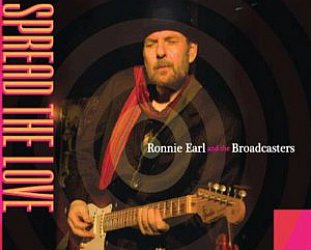
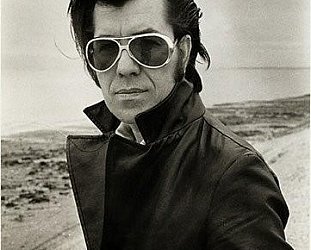
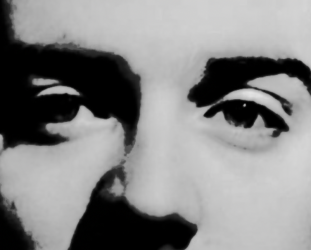
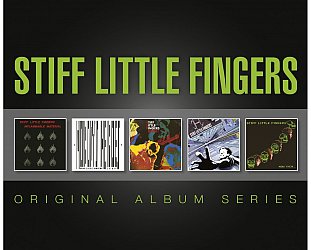
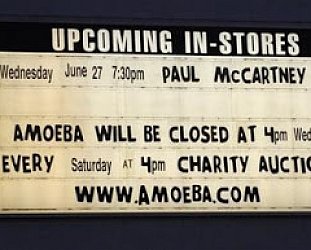
post a comment